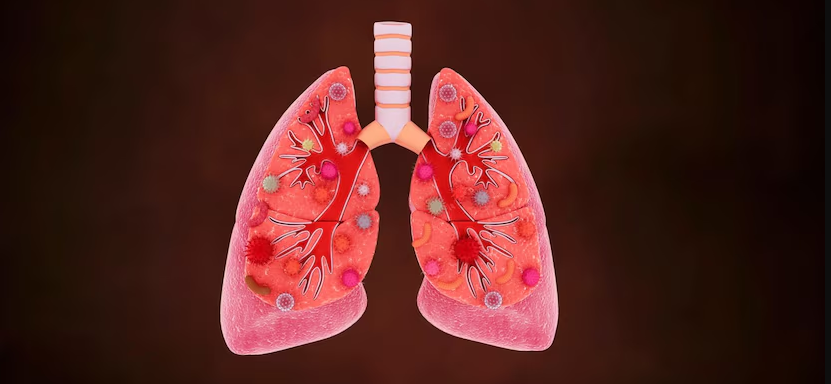Autoimmune thyroid diseases (AITDs), such as Graves’ disease (GD) and Hashimoto’s disease (HD), are organ-specific autoimmune diseases. Histone acetylation, especially that of histone H3, is an epigenetic mechanism that regulates gene expression and is associated with the development of autoimmune diseases. However, physiological variations in histone acetylation are not yet clear, and we believe that physiological variations should be examined prior to analysis of the role of histone H3 in the pathogenesis of AITDs. In this study, we analyzed histone H3 acetylation levels in peripheral blood mononuclear cells (PBMCs) using a histone H3 total acetylation detection fast kit. Blood samples were collected before meals, between 8:30-9:00 am, daily for 10 weeks to evaluate the daily variation. At 4 days, blood was also collected before meals three times a day (at 8:30-9:00, 12:30-13:00, and 16:30-17:00) to evaluate circadian variation. Then, histone H3 acetylation levels were evaluated in AITD patients to clarify the association with the pathogenesis of AITD. Although we could not find a common pattern of circadian variance, we observed daily variation in histone H3 acetylation levels, and their coefficient of variances (CVs) were approximately 48.3%. Then, we found that histone H3 acetylation levels were significantly lower in GD and HD patients than in control subjects and these differences were larger than the daily variation in histone acetylation. In conclusion, histone H3 acetylation levels were associated with the development of AITD, even allowing for daily variation.















